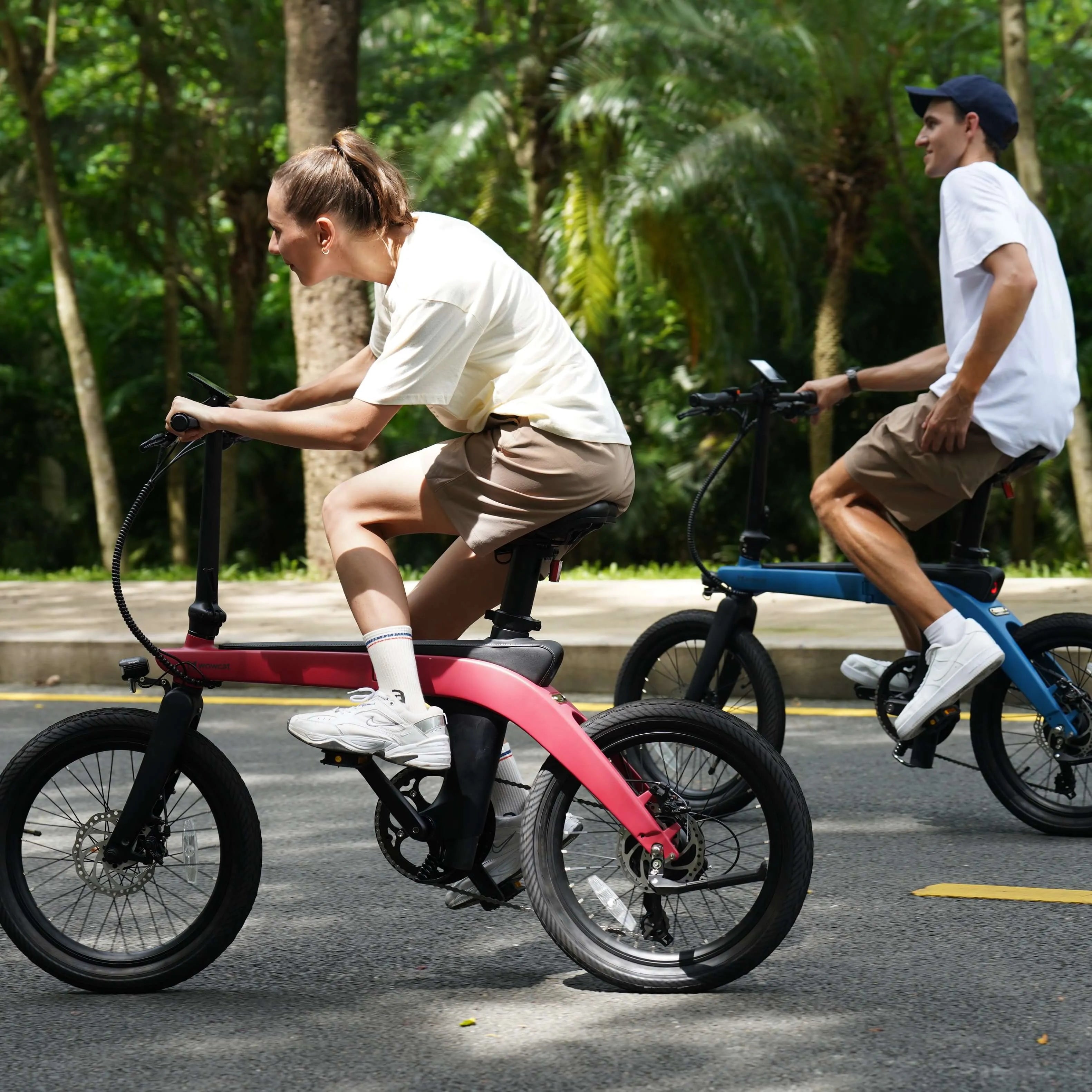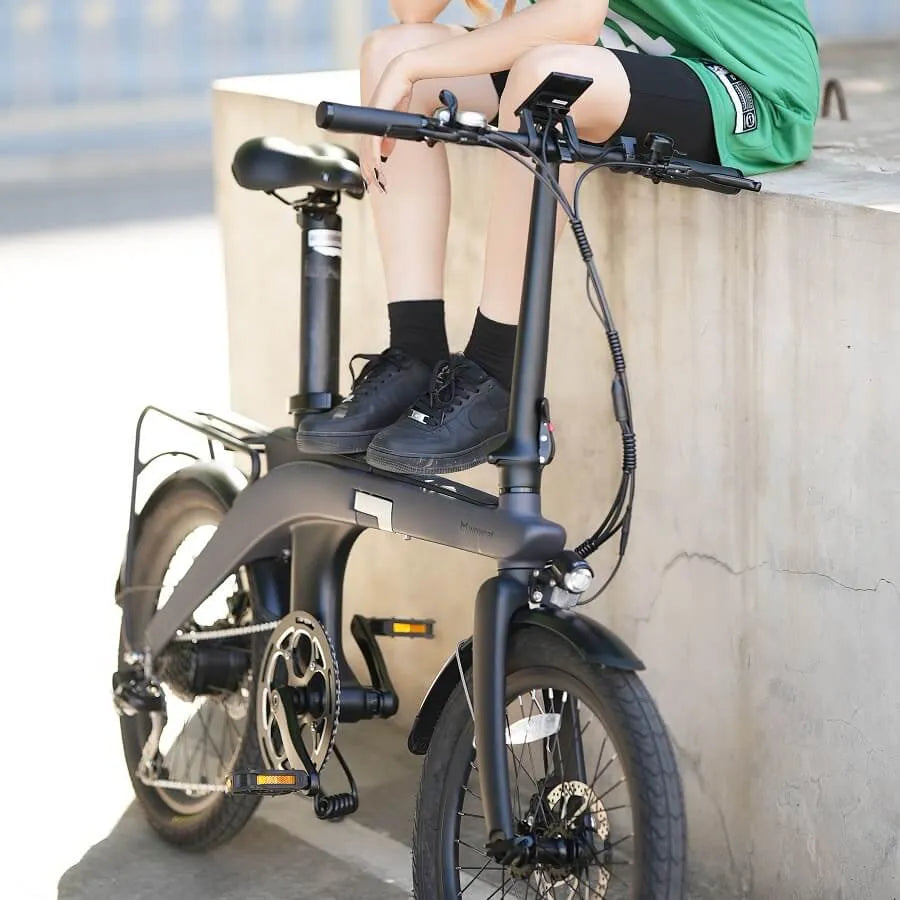As the popularity of electric bikes continues to surge, many individuals are drawn to the convenience and eco-friendly allure of this innovative mode of transportation. Whether you're a seasoned cyclist or a newcomer to the world of two-wheel commuting, a common question arises: Do you need a license to drive an electric bike? In this article, we'll navigate through the regulations and shed light on the licensing requirements for ebike enthusiasts. Whether you're considering an ebike for your daily commute or leisurely rides, understanding the licensing landscape is essential. Let's delve into the details and find out if a license is a prerequisite for hitting the electric bike trails.

However, as the popularity of EVs surges, the legal framework governing these vehicles varies from state to state, adding a layer of complexity for both seasoned electric vehicle enthusiasts and those considering the eco-friendly switch.
The following information is from https://www.peopleforbikes.org/
Alabama Alaska Arizona Arkansas California Colorado
Connecticut Delaware Florida Georgia Hawaii Idaho
lllinois Indiana lowa Kansas Kentucky Louisiana
Maine Maryland Massachusetts Michigan Minnesota
Mississippi Missouri Montana Nebraska Nevada New Hampshire
New Jersey New Mexico New York North Carolina North Dakota
Ohio Oklahoma Oregon Pennsylvania Rhode Island
South Carolina South Dakota Tennessee Texas Utah
Vermont Virginia Washington West Virginia Wisconsin Wyoming
Why don't most states require licenses?
The decision by most states not to require licenses for electric bikes (eBikes) is influenced by several factors:
Classification as Bicycles: In many jurisdictions, eBikes are classified as bicycles rather than motor vehicles. Since eBikes are designed to provide pedal assistance and have limited top speeds, they are often exempt from traditional licensing requirements associated with motorized vehicles.
Low Speeds and Power: Most eBikes have a maximum speed of 20 mph or lower, and their motors are generally capped at 750 watts. This places them in a category that is considered low-speed and low-power, which aligns with regulations for traditional bicycles rather than motorized vehicles.
Promotion of Sustainable Transportation: Governments often encourage the use of environmentally friendly and sustainable modes of transportation. By not requiring licenses for eBikes, authorities may aim to promote their adoption as an eco-friendly alternative to traditional vehicles, contributing to reduced emissions and traffic congestion.
Accessibility and Inclusivity: Requiring a license for eBike usage could potentially deter individuals who might benefit from these vehicles, such as those who are elderly or have physical limitations. Keeping eBikes more accessible by not mandating licenses supports inclusivity and a broader range of people adopting this mode of transportation.
Minimized Regulatory Burden: Given the lower speeds and power of eBikes, some states may choose not to burden riders with the administrative and regulatory processes associated with obtaining a license. This streamlining helps facilitate the widespread use of eBikes for short-distance commuting and recreational purposes.
It's important to note that regulations can vary by state, and some regions may have specific licensing requirements for certain classes of eBikes or under certain conditions. Individuals interested in understanding the regulations in their area should consult their local transportation authorities for the most accurate and up-to-date information.











